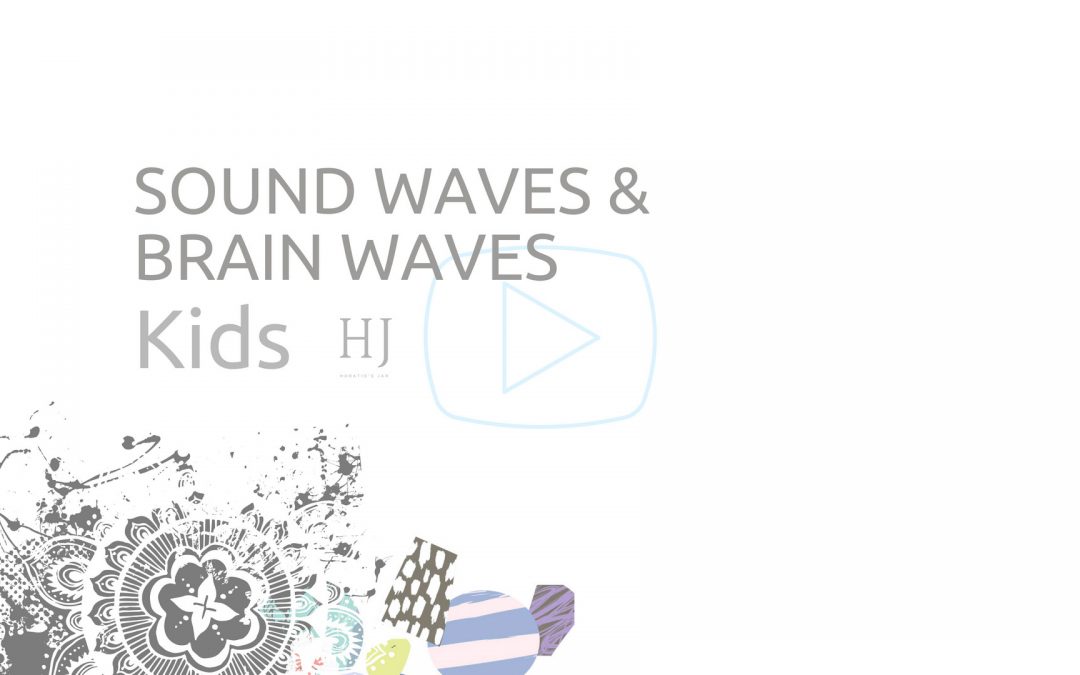Published by: Digital Schools
Sound Waves
Sound and music can have an amazing effect on the way you think, feel and behave. Different music and different beats can change the way your brain cells communicate by making them talk faster or slower. Slowing down your brain waves by using special meditation music will enhance your creativity, your wellbeing and can even make you more intelligent.
This specially designed track includes binaural beats which are specially made to improve your concentration and your mood, singing bowl which increases your attention and awareness, sounds of nature to soothe your central nervous system and melody to boost creativity and flow.
Ages 5+
Tips For Your Listening Experience
- Find a comfortable position where you are not going to be disturbed and play the track from start to finish.
- Keep your breathing smooth, long and deep and keep your eyes closed.
- Listen to each sound as it comes in and out – using your ears to listen extra carefully to each sound will increase the experience of meditation and relaxation.
- Listening with headphones will enhance your experience.
Guest Contributor: Emily Rack
Business Name: Horatios Jar
Publisher: Digital Schools
Emily Rack is a yoga teacher, meditation instructor, freelance writer and visual content creator. She incorporates a unique creative flair into her yoga and meditation classes, courses and workshops. Emily hosts events and classes in schools and the wider community & is passionate about teaching the art of mindfulness.
——-
PUBLISHER’S DISCLAIMER: The publisher of this blog post (Digital Schools PTY LTD) works in partnership with the school as a 3rd party provider to help build and maintain the school website. Digital Schools sources a range of experts who provide products and/or services to educational institutions and we work with them to produce and publish topical information in the form of blog posts that we think may be relevant, interesting or topical to families within the community. The views, opinions and content listed in this blog post are that of the guest contributor and/or publisher (Digital Schools). It should be noted that whilst the publisher and guest contributors are acting with the best intentions and in the best interests of the school and their community to provide helpful or interesting information, sometimes the content may not necessarily reflect the views of the school.
The information in this blog post is not meant to be used, nor should it be used, to diagnose or treat any medical condition. For diagnosis or treatment of any medical problem, consult your own physician. The school and the publisher of this blog post are not responsible for any person reading or following the information in this article who may experience adverse effects.
Any references to external websites or sources are provided for informational purposes only and do not constitute endorsement by the school or publisher in any way and the publisher and/or school cannot guarantee accuracy of information listed.
If you have feedback on any content on this platform, you can submit it to the publisher using the feedback link provided at the bottom of this page.


